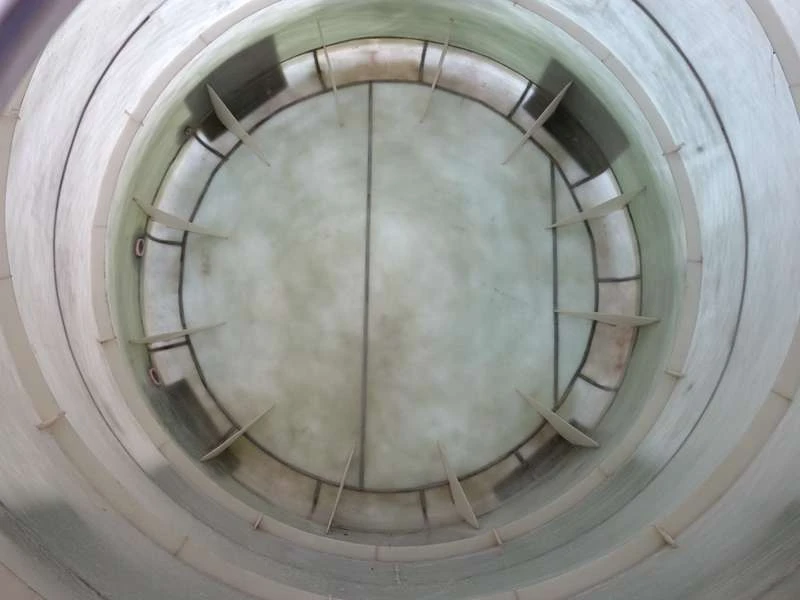
-
 Afrikaans
Afrikaans -
 Albanian
Albanian -
 Amharic
Amharic -
 Arabic
Arabic -
 Armenian
Armenian -
 Azerbaijani
Azerbaijani -
 Basque
Basque -
 Belarusian
Belarusian -
 Bengali
Bengali -
 Bosnian
Bosnian -
 Bulgarian
Bulgarian -
 Catalan
Catalan -
 Cebuano
Cebuano -
 China
China -
 China (Taiwan)
China (Taiwan) -
 Corsican
Corsican -
 Croatian
Croatian -
 Czech
Czech -
 Danish
Danish -
 Dutch
Dutch -
 English
English -
 Esperanto
Esperanto -
 Estonian
Estonian -
 Finnish
Finnish -
 French
French -
 Frisian
Frisian -
 Galician
Galician -
 Georgian
Georgian -
 German
German -
 Greek
Greek -
 Gujarati
Gujarati -
 Haitian Creole
Haitian Creole -
 hausa
hausa -
 hawaiian
hawaiian -
 Hebrew
Hebrew -
 Hindi
Hindi -
 Miao
Miao -
 Hungarian
Hungarian -
 Icelandic
Icelandic -
 igbo
igbo -
 Indonesian
Indonesian -
 irish
irish -
 Italian
Italian -
 Japanese
Japanese -
 Javanese
Javanese -
 Kannada
Kannada -
 kazakh
kazakh -
 Khmer
Khmer -
 Rwandese
Rwandese -
 Korean
Korean -
 Kurdish
Kurdish -
 Kyrgyz
Kyrgyz -
 Lao
Lao -
 Latin
Latin -
 Latvian
Latvian -
 Lithuanian
Lithuanian -
 Luxembourgish
Luxembourgish -
 Macedonian
Macedonian -
 Malgashi
Malgashi -
 Malay
Malay -
 Malayalam
Malayalam -
 Maltese
Maltese -
 Maori
Maori -
 Marathi
Marathi -
 Mongolian
Mongolian -
 Myanmar
Myanmar -
 Nepali
Nepali -
 Norwegian
Norwegian -
 Norwegian
Norwegian -
 Occitan
Occitan -
 Pashto
Pashto -
 Persian
Persian -
 Polish
Polish -
 Portuguese
Portuguese -
 Punjabi
Punjabi -
 Romanian
Romanian -
 Russian
Russian -
 Samoan
Samoan -
 Scottish Gaelic
Scottish Gaelic -
 Serbian
Serbian -
 Sesotho
Sesotho -
 Shona
Shona -
 Sindhi
Sindhi -
 Sinhala
Sinhala -
 Slovak
Slovak -
 Slovenian
Slovenian -
 Somali
Somali -
 Spanish
Spanish -
 Sundanese
Sundanese -
 Swahili
Swahili -
 Swedish
Swedish -
 Tagalog
Tagalog -
 Tajik
Tajik -
 Tamil
Tamil -
 Tatar
Tatar -
 Telugu
Telugu -
 Thai
Thai -
 Turkish
Turkish -
 Turkmen
Turkmen -
 Ukrainian
Ukrainian -
 Urdu
Urdu -
 Uighur
Uighur -
 Uzbek
Uzbek -
 Vietnamese
Vietnamese -
 Welsh
Welsh -
 Bantu
Bantu -
 Yiddish
Yiddish -
 Yoruba
Yoruba -
 Zulu
Zulu
Exploring the Benefits and Applications of Large Fiberglass Tanks in Various Industries
The Versatility and Benefits of Large Fiberglass Tanks
In the growing industries of water storage and chemical processing, large fiberglass tanks have emerged as a significant solution for various applications. With their unique properties and numerous advantages, these tanks have become increasingly popular across different sectors, including agriculture, wastewater treatment, and manufacturing.
Composition and Durability
Large fiberglass tanks are made from a composite material of glass fibers and resin, which provides them with remarkable strength and durability. Unlike traditional materials like steel and concrete, fiberglass is resistant to corrosion, which is a critical factor for tanks that store chemicals, fertilizers, or corrosive liquids. This resistance to rust and deterioration ensures a longer lifespan for the tanks, reducing maintenance costs and the need for frequent replacements.
Moreover, fiberglass tanks can withstand extreme environmental conditions, whether it be harsh chemicals or varying temperatures. This durability makes them ideal for outdoor storage where exposure to the elements can pose a significant risk to other materials.
Lightweight and Easy to Install
One of the standout features of large fiberglass tanks is their lightweight nature. Despite their size, these tanks are significantly lighter than their metal or concrete counterparts. This characteristic not only makes transportation easier but also simplifies the installation process. Large fiberglass tanks can be positioned and installed with minimal equipment, saving both time and labor costs for project managers and engineers.
Customization Options
large fiberglass tanks

Another key benefit of large fiberglass tanks is the ability to customize them according to specific requirements
. Manufacturers can tailor the size, shape, and capacity to cater to the client's needs, making them versatile choices for various applications. Whether you need a tank for sewage treatment or a large storage unit for water, fiberglass tanks can be engineered to meet precise demands.Cost-Effectiveness
Though the initial investment in large fiberglass tanks may seem substantial, their long-term benefits make them a cost-effective choice in the long run. Their resistance to corrosion means lower maintenance and replacement costs, while their lightweight design reduces installation expenses. Additionally, the energy savings from their insulation properties—keeping contents at stable temperatures—can lead to further economic benefits.
Environmental Impact
As industries shift towards more sustainable practices, large fiberglass tanks can play a crucial role. Their longevity and minimal maintenance reduce waste generation associated with frequent replacements. Furthermore, fiberglass tanks do not leach harmful chemicals into the environment, ensuring that stored products remain uncontaminated and safe.
Conclusion
In summary, large fiberglass tanks represent a forward-thinking solution for storage across a wide range of industries. With their durability, lightweight construction, customization options, and cost-effectiveness, they serve as a viable alternative to traditional storage solutions. As businesses continue to prioritize efficiency and sustainability, the demand for fiberglass tanks is poised to grow, solidifying their place as an essential component in modern industrial operations. Investing in large fiberglass tanks is not just a decision for today's needs but a strategic choice for a sustainable future. Their multifaceted benefits are clear, making them an ideal solution for anyone seeking efficient and durable storage options.









